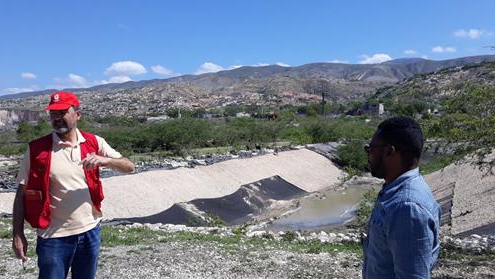SUMMARY OF THE YEAR
2020 will be remembered for many years to come as the year of the COVID-19 pandemic. The whole world was hit hard by the virus and it posed a global challenge in the face of which cooperation has been a fundamental pillar, after it was demonstrated that the coronavirus knows no borders. The health, social and economic impact was greater in countries with fewer resources and in those with weaker health systems, as is understandable. Social distancing, along with water and soap, became one of the main ways of protecting against the disease, in a world where one in six hospitals still has no hand-washing facilities.





























